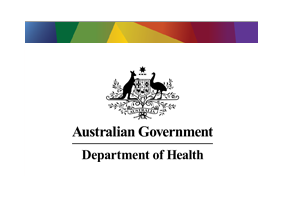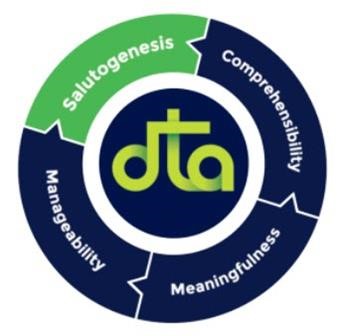New laws will compel all aged care providers to sign and conform to a single, strengthened Charter of Rights, under the Morrison Government’s latest aged care quality and safety reforms.
For the first time, providers will have to provide a personally signed copy of the Charter to every one of their residents and care recipients, at the same time giving them – or their authorised representative – the opportunity to co-sign the document.
“Together, we’re standing up for our most vulnerable senior Australians and we won’t tolerate anything less,” said Minister for Senior Australians and Aged Care Ken Wyatt AM.
“The co-signing makes providers’ commitments and obligations under the charter clear to clients, and ensures that clients are aware of their rights.
“The comprehensive new Charter covers 14 fundamental protections – from safe, quality care, to independence, information, personal privacy, control, fairness and choice.”
The Charter replaces and strengthens four previous charters that covered various forms of aged care, building on the Morrison Government’s new Aged Care Quality Standards which also come into effect from 1 July 2019.
I have the right to:
1. safe and high quality care and services;
2. be treated with dignity and respect;
3. have my identity, culture and diversity valued and supported;
4. live without abuse and neglect;
5. be informed about my care and services in a way I understand;
6. access all information about myself, including information about my rights, care and services;
7. have control over and make choices about my care, and personal and social life, including where the choices involve personal risk;
8. have control over, and make decisions about, the personal aspects of my daily life, financial affairs and possessions;
9. my independence;
10. be listened to and understood;
11. have a person of my choice, including an aged care advocate, support me or speak on my behalf;
12. complain free from reprisal, and to have my complaints dealt with fairly and promptly;
13. personal privacy and to have my personal information protected;
14. exercise my rights without it adversely affecting the way I am treated.
Read more:
Australia signs up for new era of Aged Care Rights (.pdf)
Charter of Aged Care Rights (.pdf)



